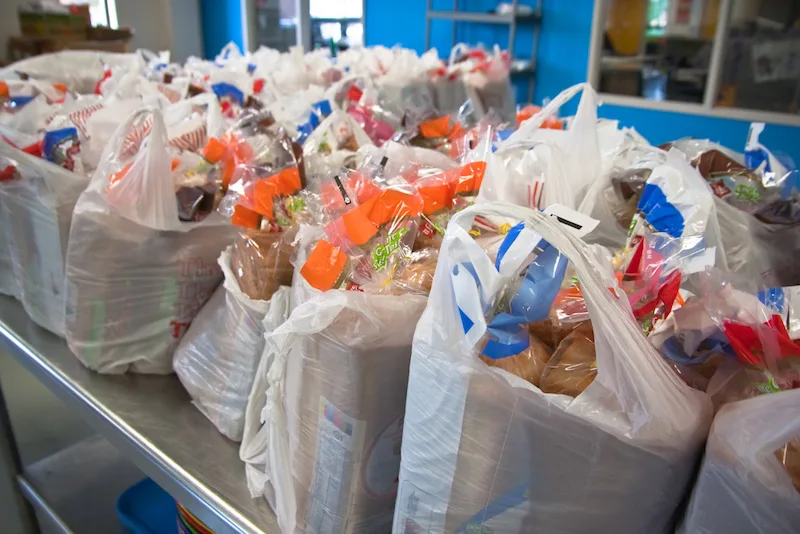Plastics have become an integral part of our everyday lives, but they also present serious environmental problems. The plastic pollution crisis has been gaining global attention and individuals, communities, and businesses are increasingly taking action to reduce plastic waste.
Why Consumers Need to Take the Lead in Reducing Plastics Usage
Consumers’ role in tackling the crisis is to make sustainable choices when purchasing items made of plastic and to practice responsible disposal. Because all the plastic ever produced still exists, shifting away from single-use plastics such as plastic bags and bottles is essential to reducing global pollution. And every individual needs to play a role in this transition.
The individual consumer may feel that their efforts are insignificant, but the collective power of individuals can have a dramatic effect. And since we practically run this planet, it is up to us to make sure we are using resources responsibly and actively reducing our plastic waste.
And there are many ways they can play a part in the same.
How Consumers Can Help Tackle Plastics Crisis
Consumers can make a difference by making small changes in their daily lives. Following are some of the steps that can be taken:
- Buy fewer single-use plastics — minimizing the use of single-use items is key to reducing plastic waste. Buy reusable bags, bottles, straws, and containers made from sustainable materials instead. You can get creative and search for alternatives such as stainless steel, glass, wood, paper straws, etc. Some of these materials can be expensive, so you can also look for second-hand items or buy them in bulk to reduce cost.
- Refuse plastic packaging — ask shopkeepers to not include unnecessary single-use plastics in their purchases and carry their own reusable bags when shopping. There are many alternate packaging materials available that are more sustainable and environmentally friendly. Some of them are paper, jute, and other biodegradable materials. These materials are not only more eco-friendly but also reduce the overall cost of packaging.
- Choose sustainable alternatives — look for products with minimal or zero plastic packaging and opt for biodegradable options when possible. For example, use beeswax wraps instead of cling wraps to store food. While purchasing bags or belts or accessories, choose natural materials like cotton or recyclable leather. Also, consider buying items made of recycled plastic like chairs, tables, toys, etc.
- Recycle and properly dispose of plastic waste — one of the biggest contributors to plastic pollution is the improper disposal of plastic waste. To dispose of it responsibly, make sure to separate plastic from other waste materials and recycle it when possible. There are many environmentally friendly recycling centers available in cities and towns that accept plastic waste.
- Spread awareness — educate others on the effects of plastic pollution and promote ways to reduce its use in our everyday lives. You can spread awareness through social media, blogs, or by organizing events and workshops in local communities. Along with that, support organizations that are actively working to reduce plastic pollution. But before that, you can start with your home and work towards making it plastic-free.
Along with the consumers, organizations and businesses also need to take responsibility for the plastic waste that they generate or contribute to. They need to strive for sustainability and implement initiatives to reduce the use of single-use plastics.
Ultimately, when consumers and businesses come together and take collective responsibility for reducing plastic pollution, we can make a huge impact on global environmental sustainability. Every small step that we take will make a big difference in the long run.

